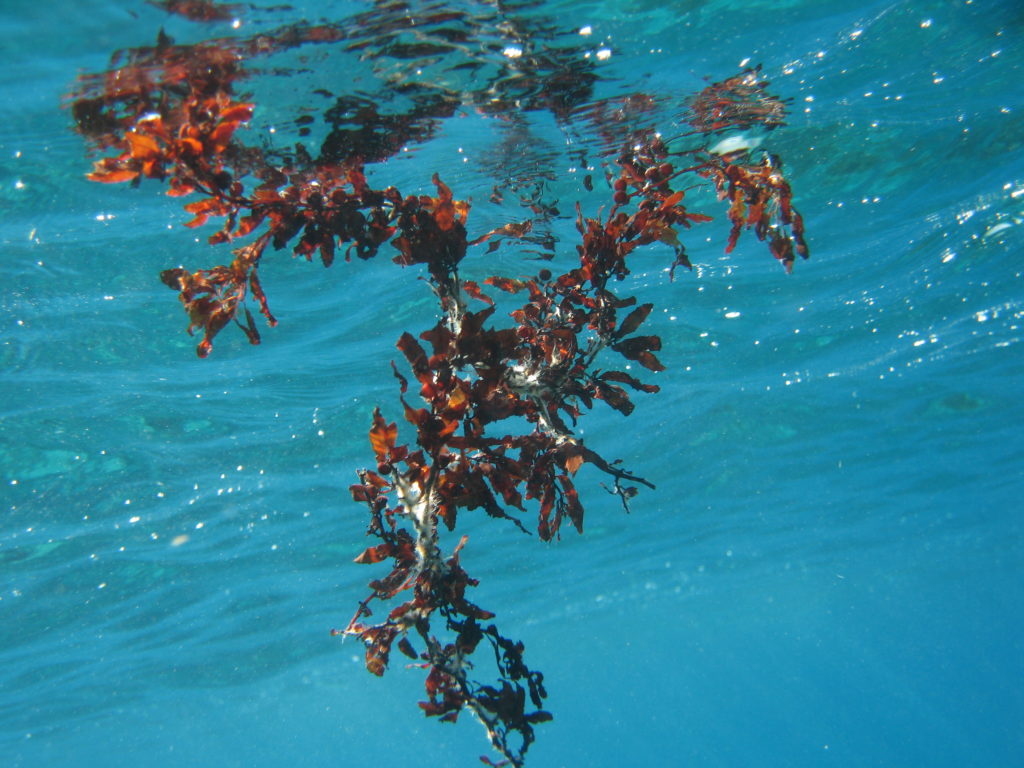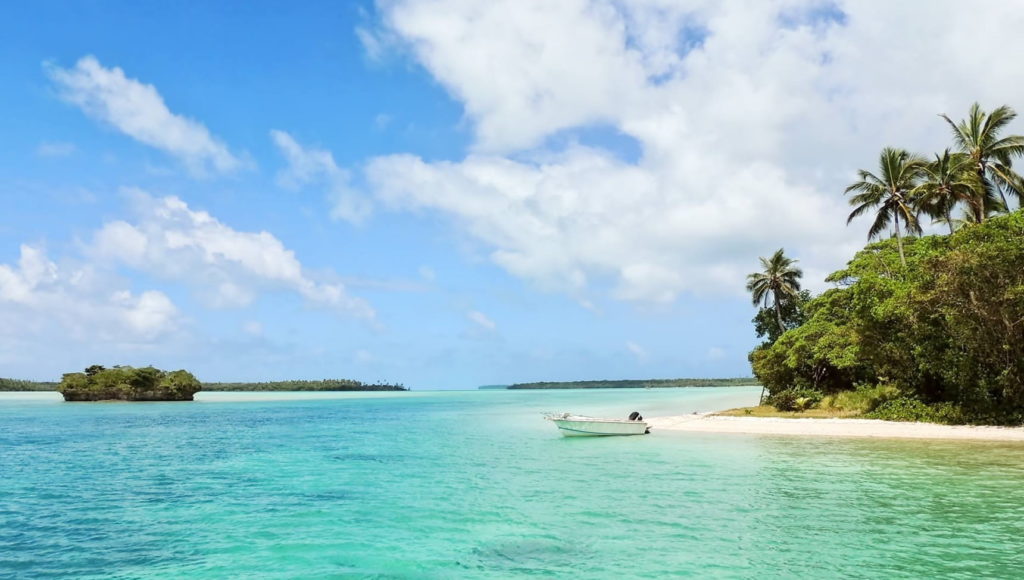- Sector : Waste Management
- Location : Guatemala

Overview
The Sustainable Climate Fund (SCF) is providing technical support to a plastic-free initiative in Central America. The project aims to replace conventional plastic with seaweed-based resins, which are, regenerative, carbon-capturing, and ocean-farmed. By adopting this approach, the project addresses plastic waste and environmental challenges in a practical and sustainable manner.
Guatemala, the largest economy in Central America, has made significant strides towards sustainable development. With a GDP of approximately $84 billion, the country has implemented the Climate Change Framework Law, which supports the Low Emission Development Strategy (LEDS). This strategy which aims to cut greenhouse gas emissions by 59% by 2050. This strategy targets six key sectors: energy, transportation, industry, land use, agriculture, and waste management, providing a foundation for more innovative projects contributing to and achieving the Sustainable Development Goals. (SDGs).
The Challenge
Guatemala faces significant challenges in managing plastic waste. The Motagua River alone contributes approximately 2% of global ocean plastic emissions. On average, each Guatemalan generates 0.519 kilograms of waste daily, with 9% comprising plastic. In rural areas, inadequate waste collection services often lead to open burning of plastic, exacerbating air pollution and poising serious adverse health risks.
In 2019, Guatemala implemented a nationwide ban on single-use plastics such as bags, straws, and food containers, with exceptions for medical applications and factory-sealed products. Businesses were mandated to transition to compostable materials that meet EU standards (UNE-EN 13432) within two years, subject to material availability.
This project seeks to address these challenges by introducing renewable seaweed-based biomaterials, which decompose very quickly under industrial and home-based composting conditions. Additionally, seaweed cultivation is intended to strengthen coastal resilience, stabilize shorelines, and support marine biodiversity.
SCF’s Involvement – Technical Assistance
To further support the development of this project, SCF’s Technical Assistance Facility has approved a grant for a Pre-feasibility Study for gap assessment in Guatemala City.
The study assesses current supply chain and logistics, which includes
- Bottlenecks identification
- Cost analysis
- Optimization strategies
- Technology integration
- Compliance review
- Quality assurance / quality control
- Current storage practices
This technical assistance will guide the project’s commercial scale-up, ensuring sustainable and efficient production of seaweed-based products in Guatemala.
Our Target Impact
The primary goal of this project is to reduce greenhouse gas emissions, generate decent jobs and empower women.
-

SDG 13 Climate Action
- Carbon Emissions: By replacing fossil fuel-derived plastics, the project is expected to reduce carbon emissions. A life cycle analysis (LCA) based carbon footprint is in progress to estimate CO2 impact and avoidance.
- Climate Adaptation: Seaweed farming has the potential to enhance coastal resilience and support adaptation to climate risks.
-

SDG 8 Decent Work and Economic Growth
- Job Creation: Guatemala has a high rate of informal labor (71%), and 55% of the population lives in poverty. The project is expected to create jobs in seaweed farming industry and support the local economy.
-

SDG 5 Gender Equality
- Women’s Leadership and gender equality: The project is co-led by women and follows SCF’s gender policy, aligned with 2X criteria. Current plans include a workforce with at least 25% women, initiatives to involve women in the seaweed supply chain, and a gender equity program focused on equal pay and leadership development.


